Patent Infringement Due to False Markings
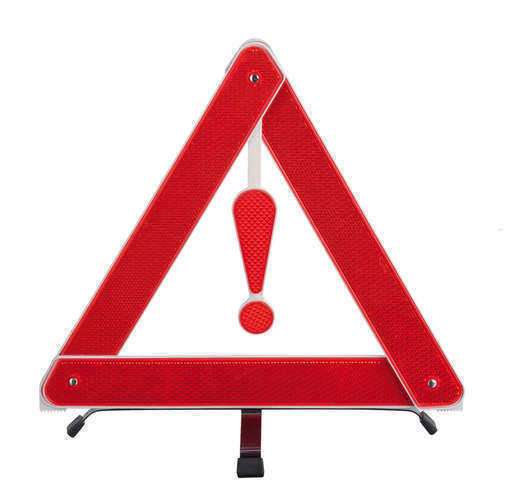

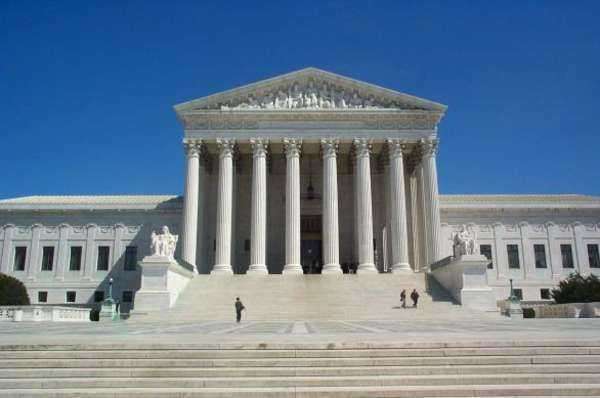
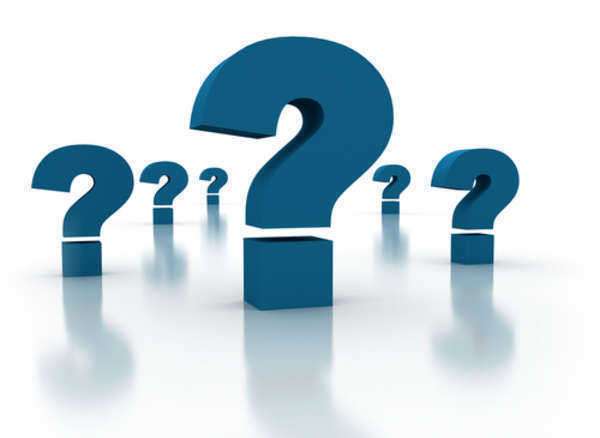
Determining what kind of patent infringement has occurred and
specifically, if that infringement is of willful nature.
Organize and track the information and correspondence between
the
Draft infringement letters and legal opinions.
Produce references and expert witnesses to support the
client’s claim.
Analyze and interpret patent laws.
Assess the liability of the defendant and determine whether
the client is eligible for compensation.
Patent infringement attorneys may also be hired in the case that patent
infringement lawsuit is levied against the client, in which case the
responsibilities may shift in accordance to the nature of the case. In this
circumstance, the patent attorney will diligently review and analyze the claims
that the patented invention states, and determine whether or not his/her client
actually infringed the patent rights in accordance to the definitions provided.
Furthermore, the patent lawyer will be responsible in proving how the client’s
product is different from the claims under the patented device, and therefore,
can not be regarded to be found in patent infringement.
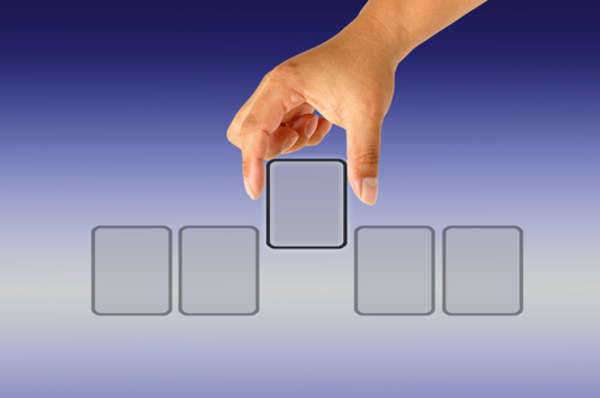
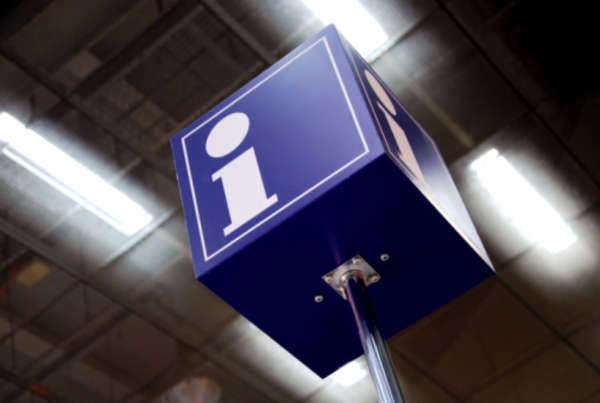 United States patent laws ultimately decide the outcome of any patent infringement lawsuit that is brought to the courts. However, it is written and encoded in to patent laws and provisions that both sides of an infringement action lawsuit, the plaintiff and defendant, may seek to settle the situation out of the courts in order to seek a more beneficial outcome for both parties. Voluntary arbitration is exactly such an occurrence, where parties contract an arbitrating agent or mediator to help resolve the dispute in order reach a negotiated settlement out of the jurisdiction of the courts.
United States patent laws ultimately decide the outcome of any patent infringement lawsuit that is brought to the courts. However, it is written and encoded in to patent laws and provisions that both sides of an infringement action lawsuit, the plaintiff and defendant, may seek to settle the situation out of the courts in order to seek a more beneficial outcome for both parties. Voluntary arbitration is exactly such an occurrence, where parties contract an arbitrating agent or mediator to help resolve the dispute in order reach a negotiated settlement out of the jurisdiction of the courts.